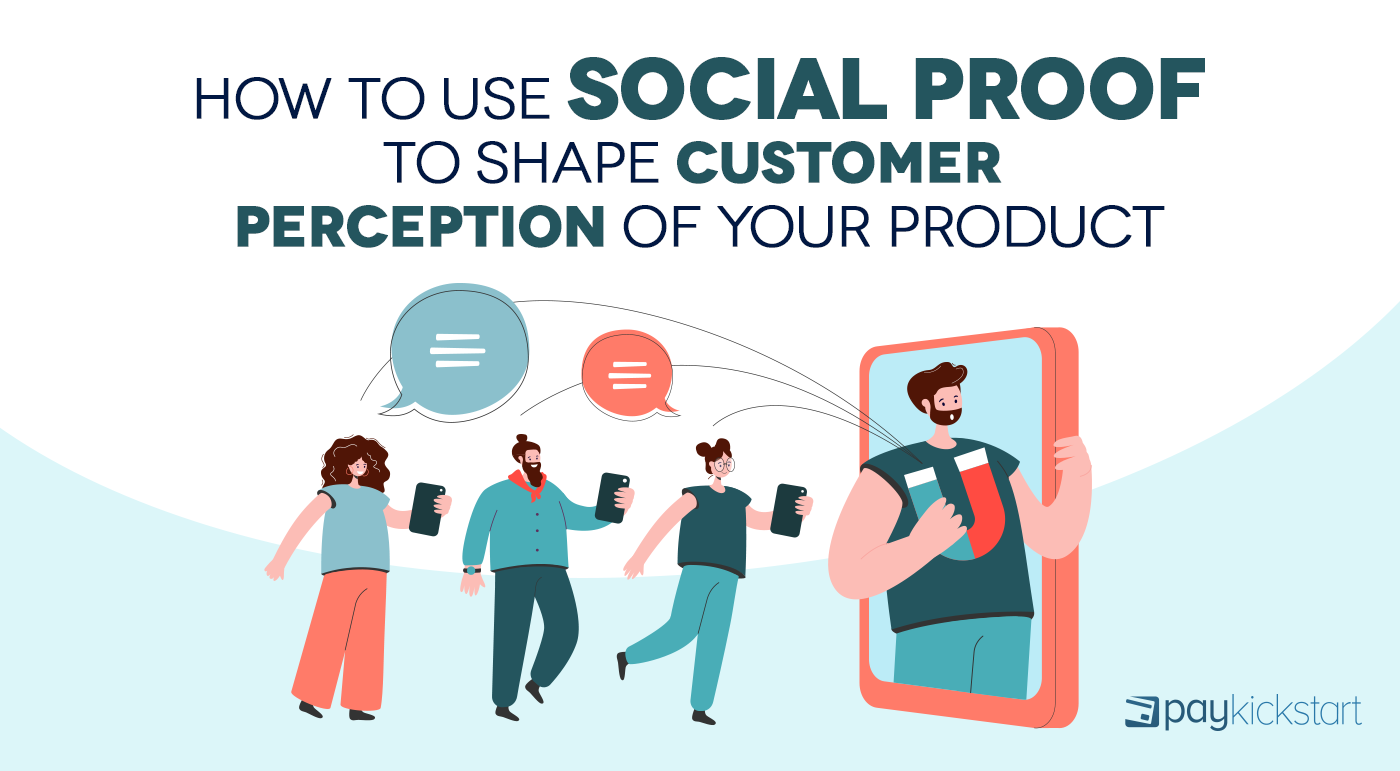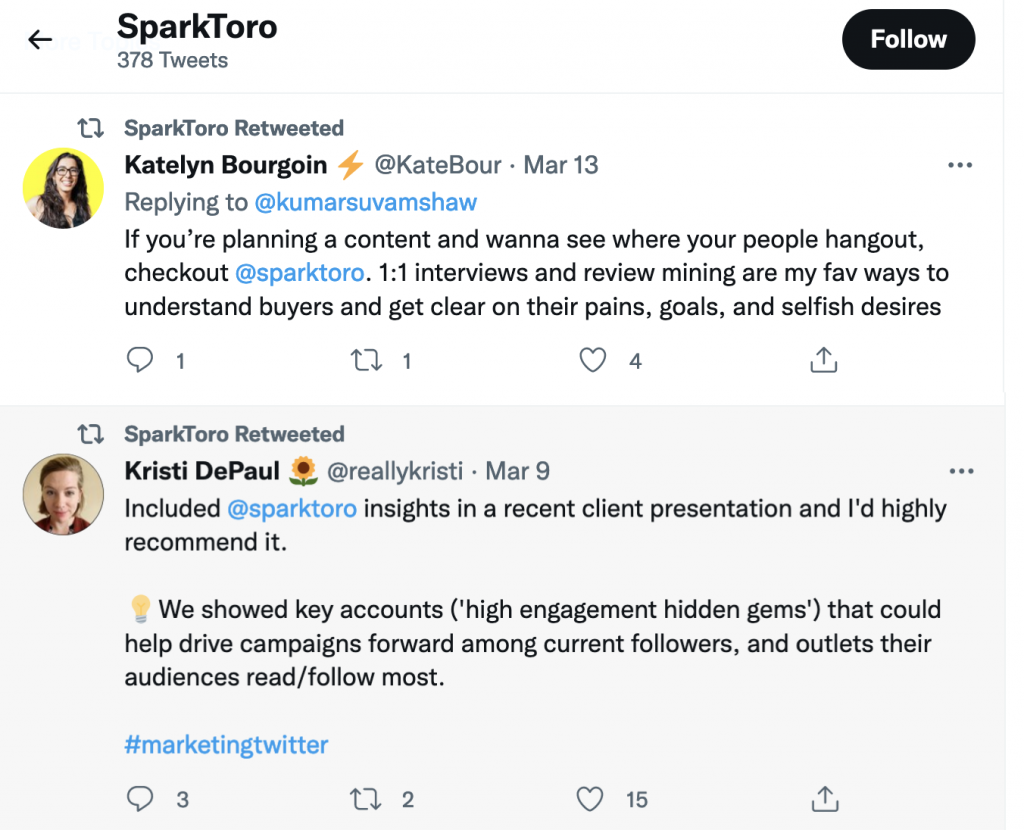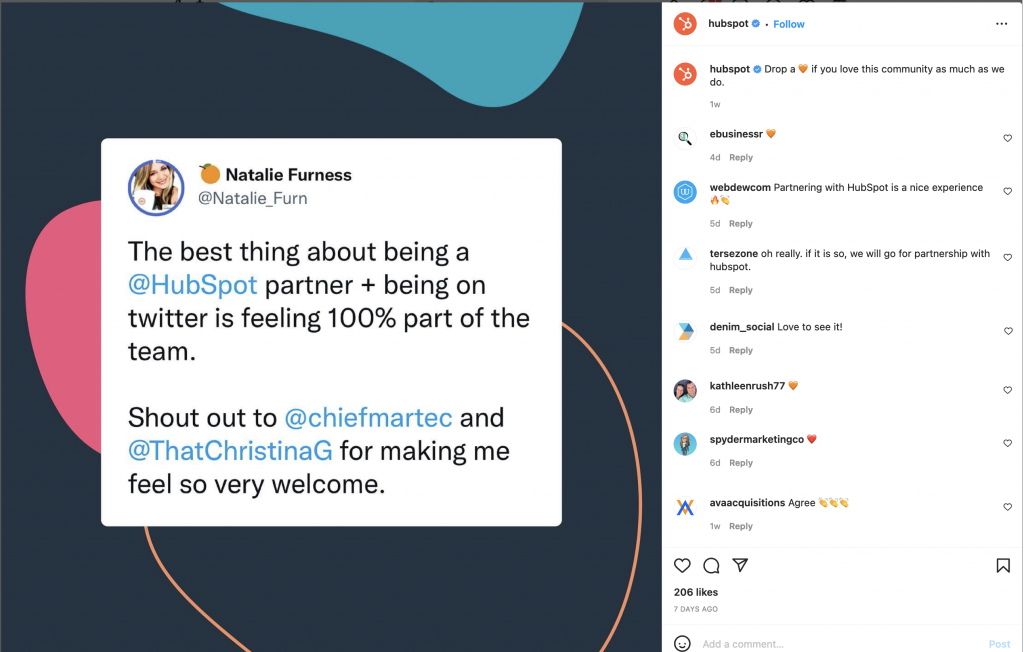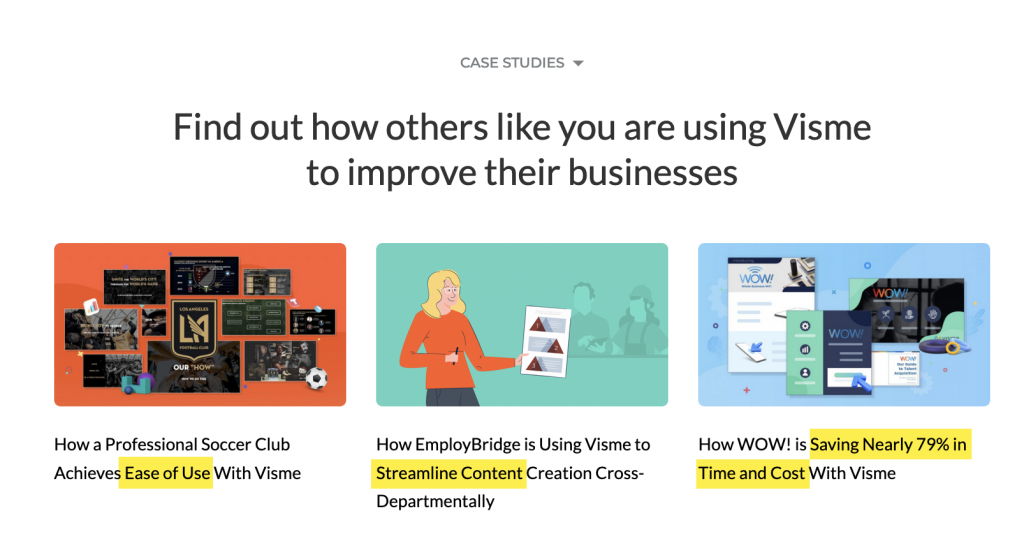Subscription growth hack (by PayKickstart)
Facebook Group - 3,932 members
Visit Group
Social proof is something that has been used for years.
We want our customers to share positive feedback to drive more sales.
But is it possible to use social proof for product positioning?
It certainly is, and here’s how:
Social proof refers to positive feedback your customers share with you and/or on their social media channels.
At the foundation of the social proof concept is the psychological phenomenon that the consumers tend to adapt their buying decisions based on what other people are doing.
In other words, our buying decisions are influenced by what others seem to like.
We are also less likely to admit that we don’t like a product if we were assured by other customers that it should be great. We want to like what we picked based on numerous positive reviews, and that is the power of social proof for product positioning.
Social proof includes testimonials you publish on your own websites, reviews they share on feedback curation platforms like Capterra and G2 Crowd, case studies, etc.
Social proof is one of the most effective marketing tactics that boost conversions and build trust. Here are just a few reports proving the effectiveness of social proof:
Social media listening is a great way to promptly respond to unsatisfied customers and save a sale.
But, when done right, social media listening is also an effective method of finding positive reviews, and broadcasting them further.
When you listen to your happy customers and publicize their feedback through your brand-owned channels, you impact the sentiment around your brand and you influence the way your product is positioned.
Here are a few ideas of curating social media proof to position your product the way you want it to be positioned:
Here’s @SparkToro sharing their positive review on their official Twitter profile:

And here’s Hubspot publicizing a positive tweet through their official Instagram account, facilitating even more feedback:

The beauty of curation is that you can choose to share what to reshare on your profiles, so you can actively promote social proof that reflects your product positioning in the best possible way.
Once you start actively curating and broadcasting those positive reviews, you’ll notice a snowball effect: More and more of your customers will start publicly sharing their compliments.
You don’t have to be a niche expert to position your company as the authority.
You need to find the right people to work with.
In any B2B niche there are known experts that have some engaged following and solid reputation. Reach out to them and:
Semrush were doing a fabulous job hosting webinars with well-known influencers on a regular basis, and none of those events were product-driven:

Expert social proof creates an incredible level of trust, and those experts don’t even need to actively promote your brand. If they simply get associated with you while talking about a relevant problem, that is already a huge boost to your brand’s authority, right there.
Part of product positioning strategy is about defining the exact problems your product is solving.
To better illustrate that point, use customer-generated case studies that explain how exactly your product helped.
Visme does this well by publishing case studies focusing on their main product positioning elements:

To generate more case studies:
Not all of those efforts will result in case studies but you will be able to get to know your most active customers better, their favorite features of your platform and how they are utilizing them. It is always useful to collect this data.
Social proof is the most effective way to control the sentiment around your product and position your product the way you’d like it positioned. But there’s more: By listening to your customers and curating their feedback, you will also find more ways to position your product as well as where it is lacking.
Ann Smarty is the co-founder of Smarty.Marketing, an SEO agency specialising in AEO/GEO, digital PR, and Reddit marketing. She is the former Editor-in-Chief of Search Engine Journal and a contributor to prominent search and social blogs, including Small Biz Trends and Mashable. Ann is also a frequent speaker at Pubcon and the host of a weekly Twitter chat #vcbuzz
Read More About Ann Smarty